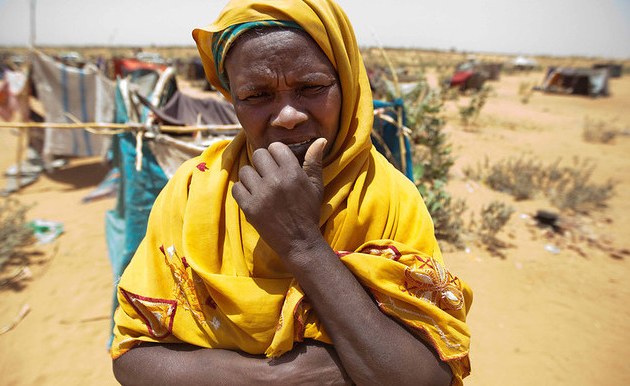Kenyans stood proud at the the 5th Annual Thomson Reuters Africa Summit held in Cape Town on Thursday and Friday. A number of examples from the East African country were held up as gold standards of where government or business had got it right.
For many years now, Mpesa, the pioneering mobile money service developed in Kenya, has been used as an example of transformational African innovation, where necessity had been the mother of innovation. At the summit it was used as an example of good governance.
Dr Jacqueline Chimhanzi, chief executive of the African leadership institute, held up Mpesa as an example of where government had moved out of the way and allowed innovation to happen.
In a session entitled Building the Foundation for Africa’s Success, Chimhanzi said that Mpesa was so ahead of its time that no one was ready for it, least of all the Kenyan government. Still, she said, the government had not tried to stifle or delay it.
Instead they let it happen and worked out the regulatory framework as the process evolved.
Fellow panelist Francois Conradie, head of research at NKC African Economics, a member of the Oxford Economics group of companies, agreed that this was a good example of a government creating an enabling environment for business and then stepping back.
He noted that it is often difficult for governments to know when to intervene and when to step out of the way.
Sneha Shah, Thomson Reuters managing director for Africa, gave another Kenyan example where the private sector and government had combined forces for the benefit of all.
Shah, herself a Kenyan, highlighted Kepsa, the Kenyan private sector alliance, and its involvement in negotiating a railway contract between Kenya and China.
Kepsa, she said, had taken it upon themselves to get involved and, thanks to their involvement, the contract that was eventually agreed included clauses that ensured that Kenyan companies would have more than a fair chance of competing against Chinese suppliers to provide inputs.
These were just two examples that caught the attention of many at a conference that often focused on the need for African excellence to be recognised, celebrated and scaled around the continent.
During one of the sessions delegates were asked to vote in a poll asking which market would be most important in Africa’s next stage of development. Kenya got 56 percent of votes cast, way ahead of Nigeria with 20 percent; both of them leaving South Africa, at 15 percent, and Rwanda, at nine percent, in the dust.
Ronak Gopaldas, RMB’s young head of country risk, suggested this significant lead might be thanks to Kenya being seen as a launchpad into East Africa. The success of the East African Community (EAC) as a regional block means that Kenya is effectively a launchpad into a combined market of five countries.
The EAC itself is often mentioned as an example of African excellence that should be rolled out around Africa.
Gopaldas, not quite 30, was one of few younger people at the event, another area in which Kenyan seemed to be streaks head.
Peris Bosire, at 25 the youngest person attending the summit, comes from … you guessed it … Kenya.
Now I don’t want to be too ageist, being quite long in the tooth myself, but when a room full of baldies, grey beards and purple rinses talks about how Africa needs to put youth at the centre of decision-making or risk losing out on the benefits of the so-called demographic dividend one should be scanning the room for the young.
Bosire started her business, FarmDrive, with a colleague from university and expects to soon roll the service which de-risks lending to smallholder farmers out across Africa.
FarmDrive already has 3000 farmers on their books. They are smallholder farmers who are in a system that they couldn’t previously access. They are considered bankable.
The farmers can be scored and therefore can access credit thanks to FarmDrive’s system of collecting data on individuals and the areas where they farm, regional success with certain crops etc via mobile phones.
This data is collated with other available data, such as weather patterns and market demand, to create a score of bank-ability that doesn’t depend on the usual Western standards of proof of land rights, title deeds, credit history and so on.
Not bad for a 25-year-old farm girl from Kenya.
Salim Amin, chairman of Camerapix and Africa24 Media, told African News Agency on Friday that Kenya has indeed been taking the lead on many regional issues and was become a hub for the region for investors and regarding security issues but, he added, things were not all rosy at home.
“Kenya’s level of corruption is undermining much of the good work that is being done,” said Amin.
“The political uncertainty and the amount that is being stolen is a cause for concern. We have to sort that out before we can really advance and move forward and take the role of a leader on the continent.”










